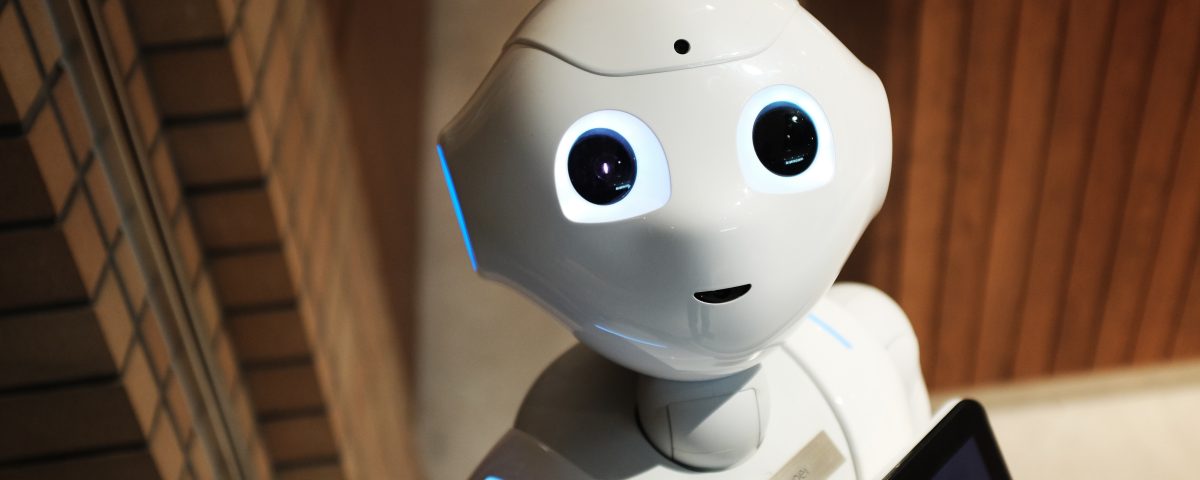
A Guide To Making The Most Of Your Virtual Assistant
December 21, 2021
Can A Virtual Executive Assistant Save You Money and Time?
June 17, 2022The virtual assistant industry is booming, especially when COVID-19 locked us all down in 2020. Businesses of all sizes started to take advantage of the talented professionals available to help with a wide range of tasks, from simple day-to-day administrative work to customer service and lead generation to social media management and data entry.
However, there are a lot of discussions these days about the impact of automation on different industries. One area that seems to be particularly vulnerable is the virtual assistant industry. Many people are arguing that automation is killing the industry, as it is making it easier and cheaper for businesses to handle basic tasks themselves.
The wave of automation has finally reached businesses and it is changing the way we work. From chatbots that take your orders to robotic process automation (RPA) that automates menial tasks, machines are taking on an ever-growing number of roles in the office. This shift is not just limited to lower-level tasks either – machine learning is also being used to automate decision-making across a wide range of industries.
As automation becomes more prevalent in business, it is important to consider the future of the workforce. With machines taking over many of the tasks that humans once did, there is a real concern about what will happen to the jobs market. Many experts believe that while some jobs will be replaced by machines, others will be created as we move into the future.
Suppose you have taken a career as a Virtual Assistant. In that case, it is important to stay informed about the changing landscape of automation and its impact on business in order to make the most informed decisions for the future.
While it is true that automation has had a significant impact on the virtual assistant industry, I don’t believe that it will totally kill it as there are still a number of tasks that cannot be automated. This only means that remote workers just need to stay ahead of the curve if they want to stay afloat in a world of automation.
Another key to staying afloat is to be able to offer a wide range of services that cannot be easily replaced by machines like live chat, customer service, bookkeeping, etc. I’m sure there is still a lot of work out there that cannot be automated.
All in all, businesses still need people. Nothing can replace the human touch, so whatever machines can do, we need to do better. That is the beauty of the human spirit – its ability to adapt to the changing world.


